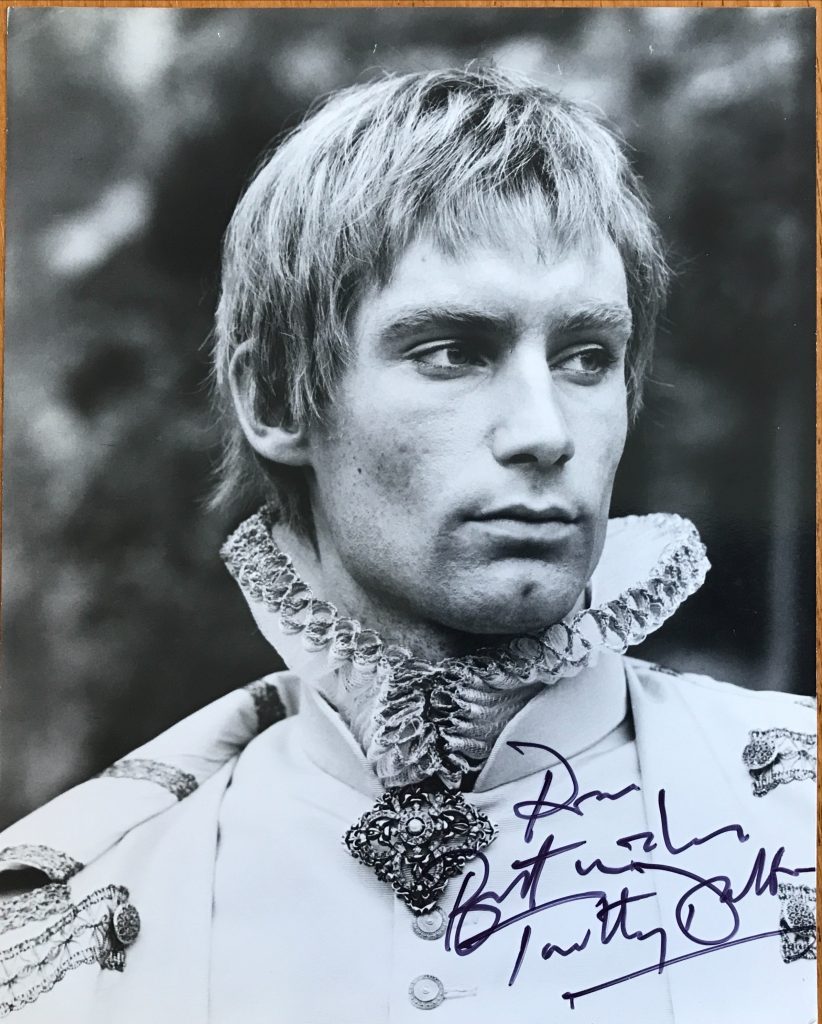
Timothy Dalton (Wikipedia)
Timothy Dalton is best known for portraying James Bond in The Living Daylights (1987) and Licence to Kill (1989), as well as Mr. Rochester in Jane Eyre (1983), Rhett Butler in the television miniseries Scarlett (1994), and Simon Skinner in Hot Fuzz (2007).
Dalton was born in Colwyn Bay, North Wales, to an English father, Peter Dalton Leggett, who was a captain in the Special Operations Executive during the Second World War and was an advertising executive at the time of his son’s birth, and an American mother, Dorothy Scholes, of Italian and Irish descent. Before his fourth birthday, the family moved back to England to Belper in Derbyshire. While in Belper, he attended the Herbert Strutt Grammar School. As a teenager, he was a member of the Air Training Corps at LXX (Croft & Culcheth) Squadron. He decided to become an actor at 16 after seeing a production of Macbeth and got a role in a production of the play at The Old Vic.[8] He left school in 1964 to enrol in the Royal Academy of Dramatic Art and tour with the National Youth Theatre. Dalton did not complete his RADA studies, leaving the academy in 1966 to join the ensemble of the Birmingham Repertory Theatre.[9] He had ambitions of being an actor, which pleased his father; “It pleased everybody on my father’s side of the family. My mother and her side, however, were worried. None of them felt acting was a secure profession for a young man.”
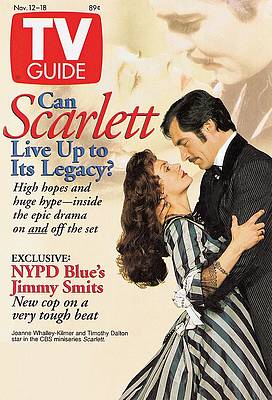
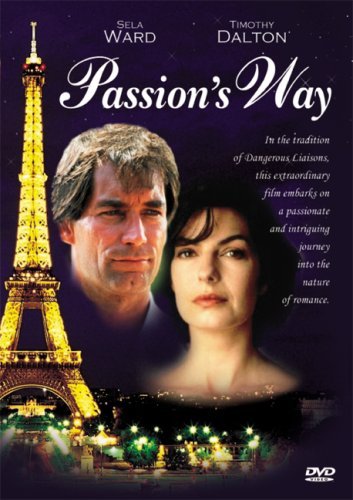
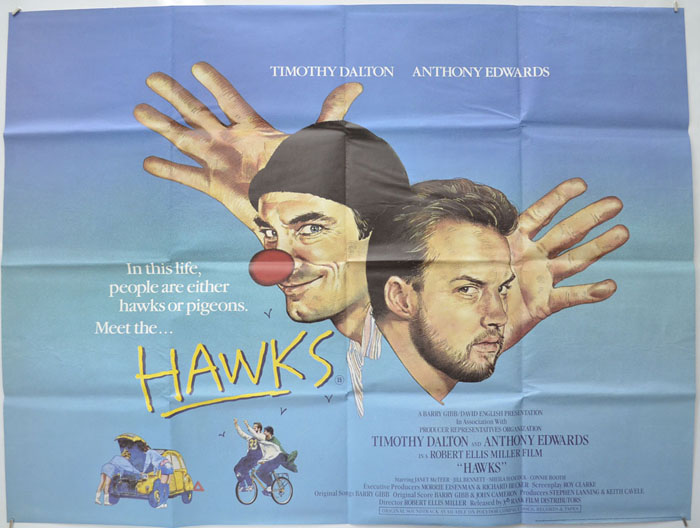
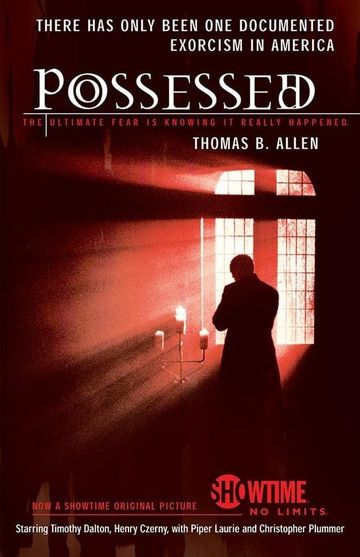
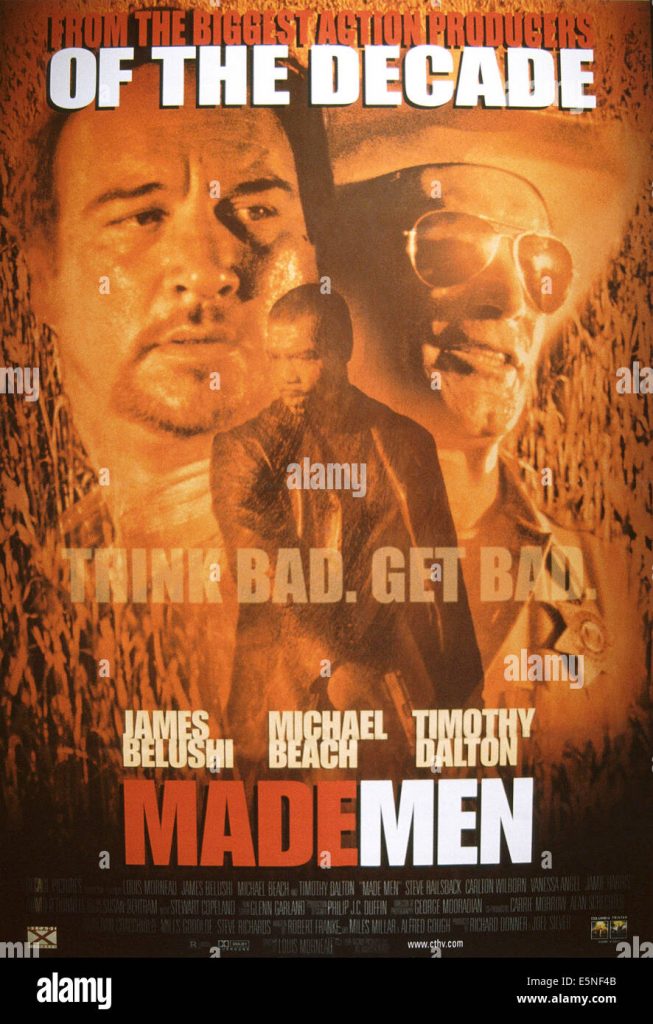
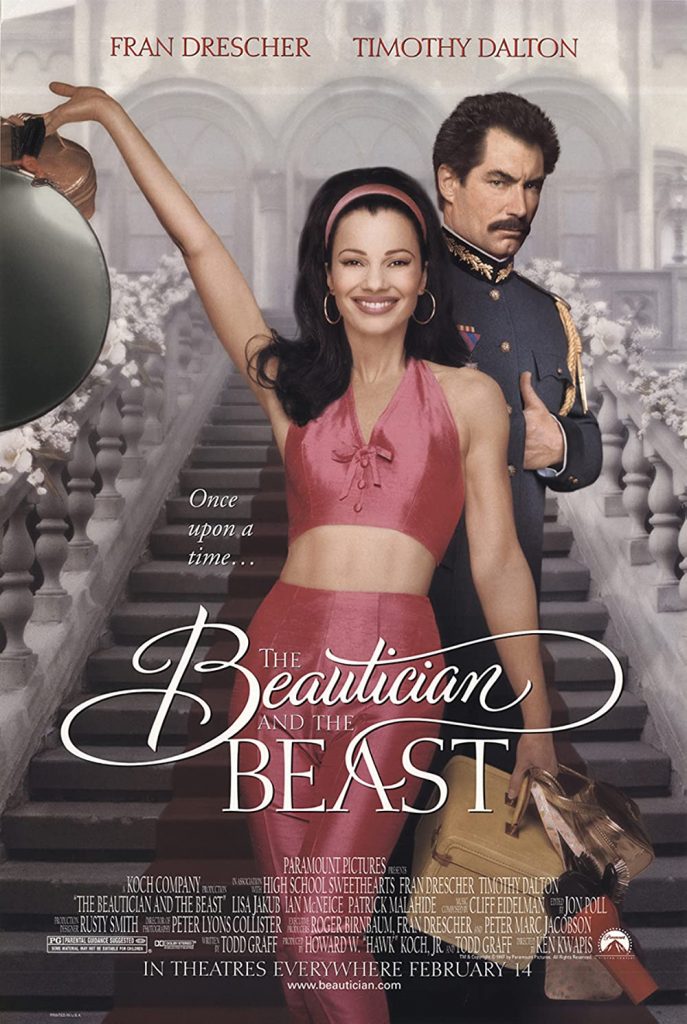
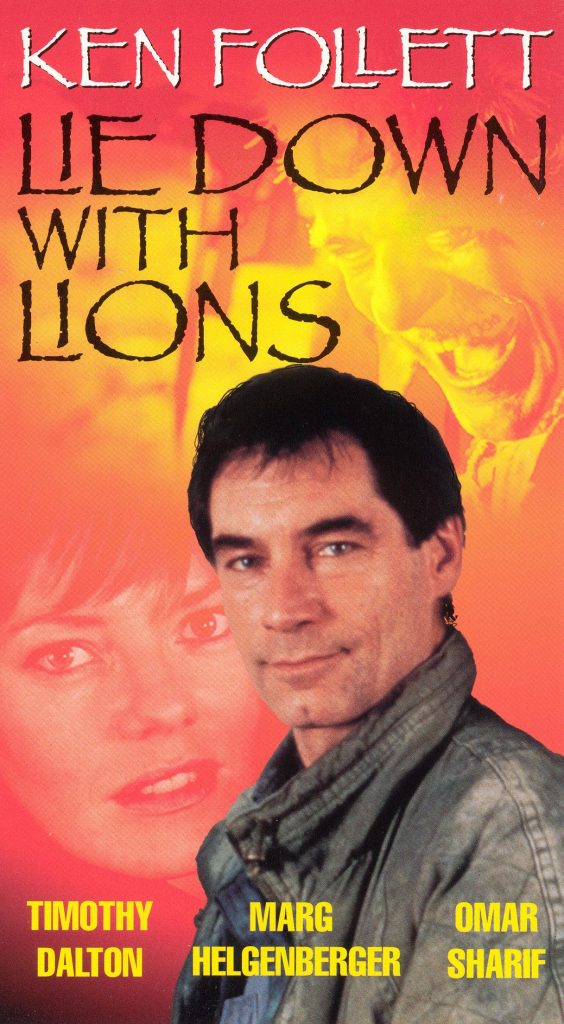
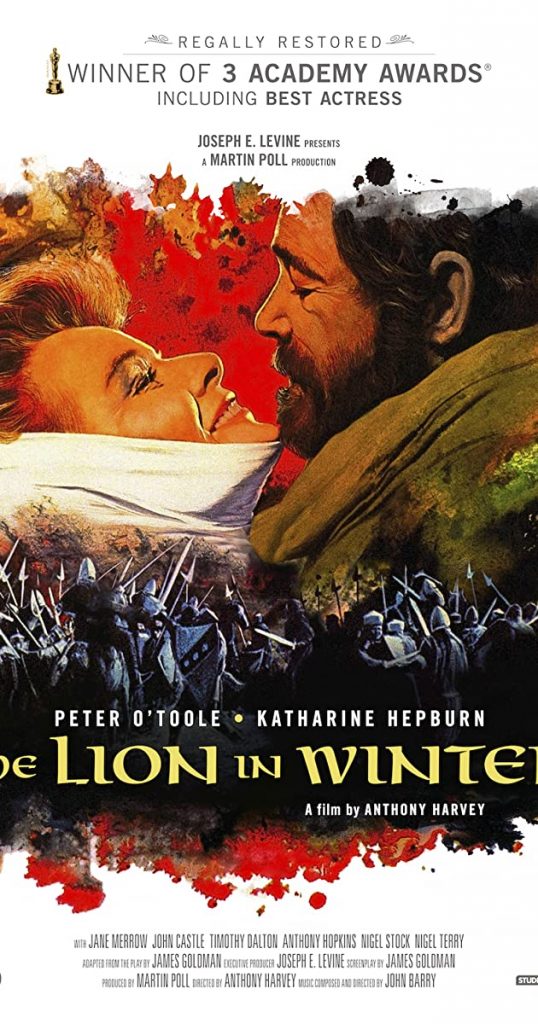
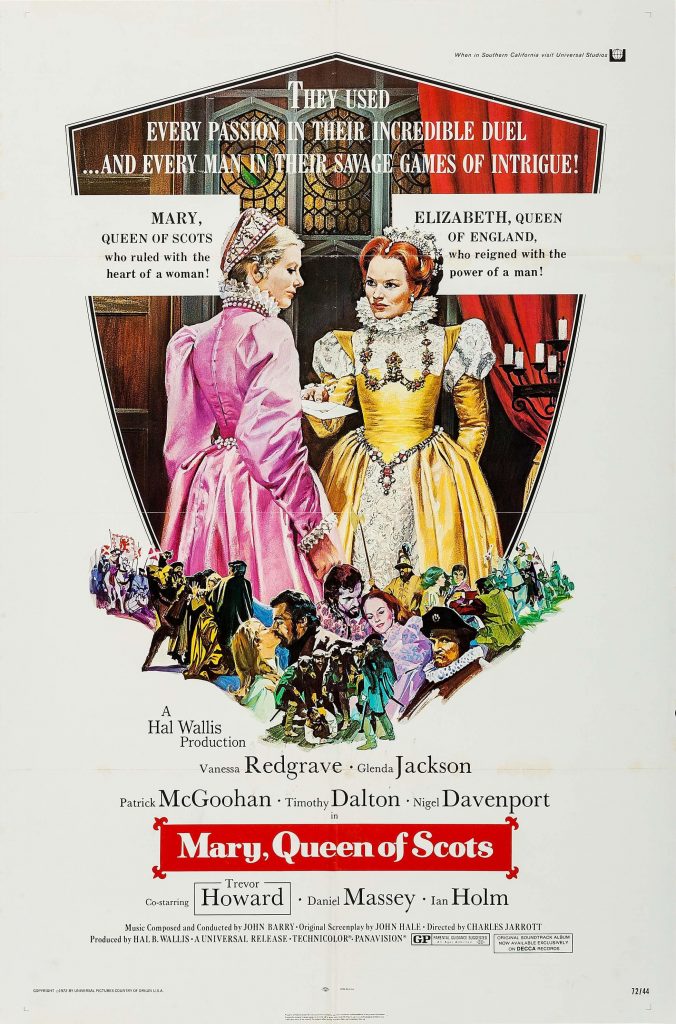
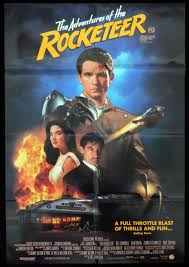
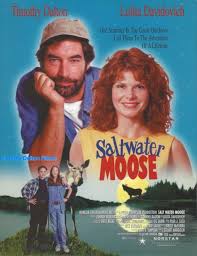
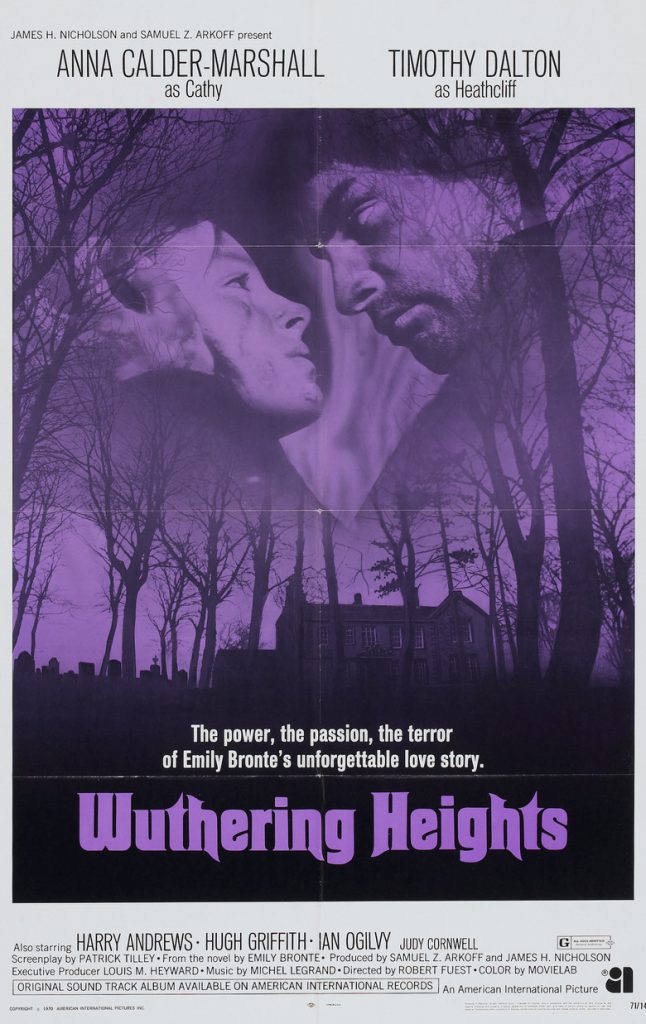
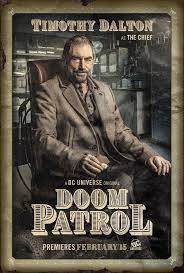
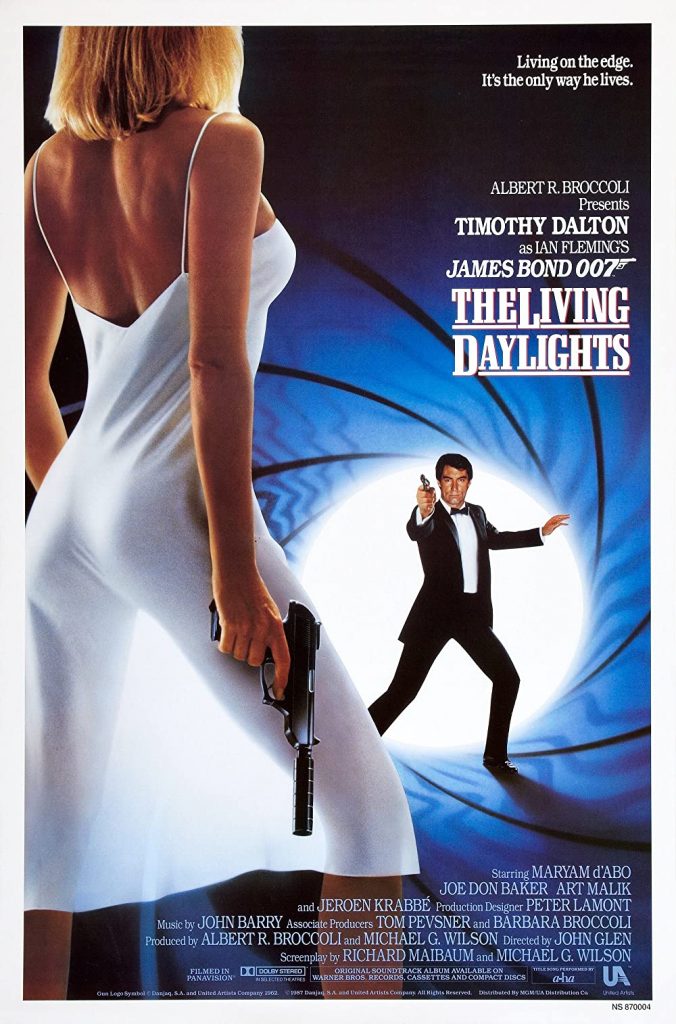
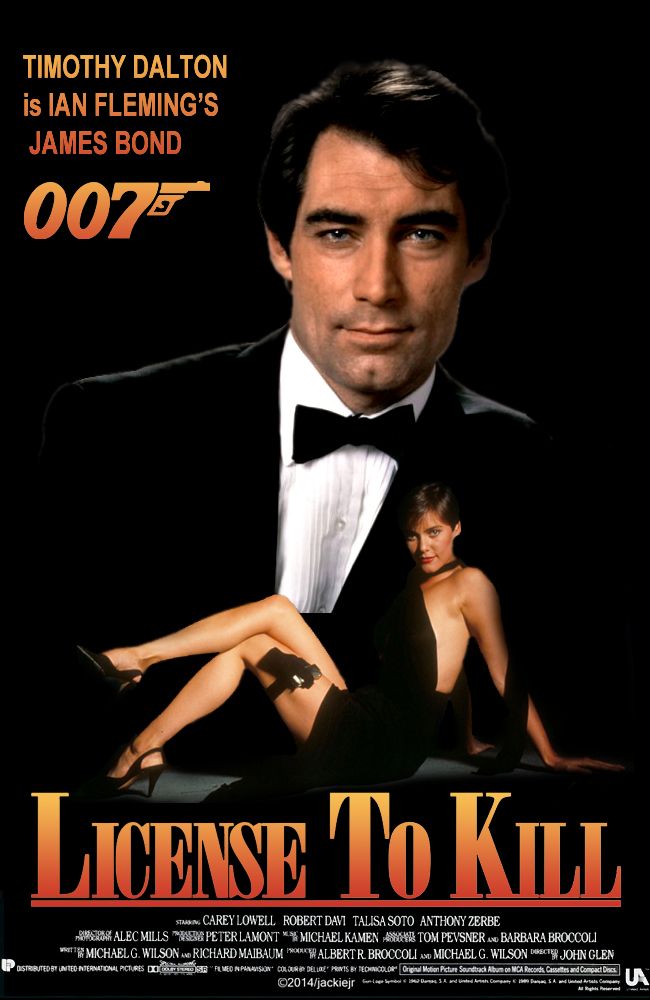
Dalton quickly moved to television, working mainly with the BBC, and in 1968 made his film debut as Philip II of France in The Lion in Winter. This was the first of several period dramas, which included a remake of Wuthering Heights in 1970 in which he portrayed Heathcliff. After a few more films, Dalton took a break in 1971 to concentrate on the theatre, performing with the Royal Shakespeare Company and other troupes throughout the world. In 1975, Dalton and Vivien Merchant headed the cast of a revival of Noël Coward‘s The Vortex.
With two exceptions, the films Mary, Queen of Scots (1971) and Permission to Kill(1975), he remained a theatre actor until 1978. That year he starred in Sextette as the husband of 85-year-old Mae West, hailing his return to cinema and the beginning of his American career. While in the United States, Dalton worked mainly in television, although he starred in several films. During this time, he played Prince Barin in the science fiction film Flash Gordon (1980) and played Mr. Rochester in a BBC serial of Jane Eyre (1983). Dalton starred alongside Jonathan Pryce in the film The Doctor and the Devils (1985).
Dalton co-starred with Joan Collins in the miniseries, Sins (1986). He was also replaced in two films in which he’d been signed to appear.
Dalton’s first appearance as 007, The Living Daylights (1987) was critically successful, and grossed more than either of the previous two Bond films with Moore (Octopussy (1983) and A View to a Kill (1985)), as well as contemporary box-office rivals such as Die Hard and Lethal Weapon. His second film, Licence to Kill (1989), although almost as successful as its predecessor in most markets, did not perform as well at the U.S. box office, in large part due to a lacklustre marketing campaign, after the title of the film was abruptly changed from Licence Revoked. The main factor for the lack of success in the U.S. was that it was released at the same time as the hugely successful Indiana Jones and the Last Crusade, Tim Burton‘s Batman, and Lethal Weapon 2, during the summer blockbuster season. In the United Kingdom—one of its critical markets—the film was also hampered by receiving a 15 certificate from the British Board of Film Classification, which severely affected its commercial success. Future Bond films, following the resolution of legal and other issues, were all released between 31 October and mid-December, in order to avoid the risk of a summer failure, as had happened to Licence to Kill.
With a worldwide gross of US$191 million, The Living Daylights became the fourth most successful Bond film at the time of its release. In 1998 the second Deluxe Edition of Bond’s soundtracks was released. The Living Daylights was one of the first soundtracks to receive Deluxe treatment. The booklet/poster of this CD contains MGM’s quote about The Living Daylights being the fourth most successful Bond film.
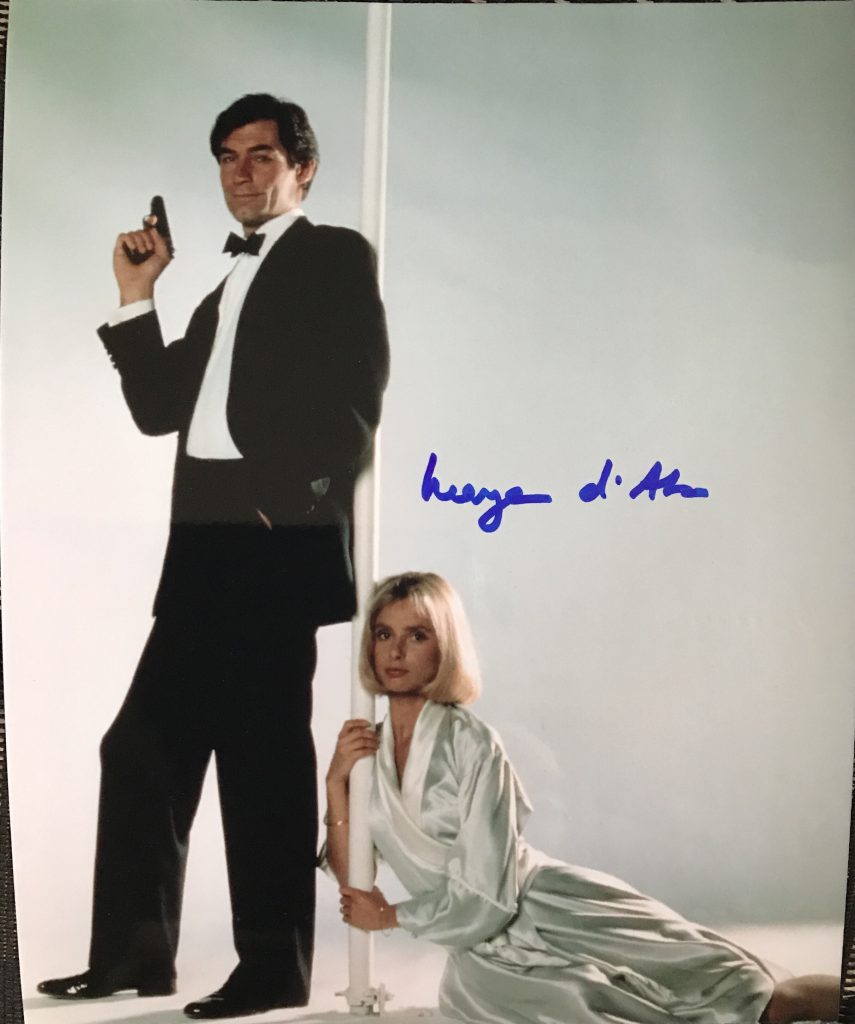
Some modern critics have compared Dalton favourably to Daniel Craig.The Guardian wrote that “they want Bond to be closer to the original Ian Fleming character. They want him to be grittier, darker and less jokey. What they really want, it seems, is to have Dalton back.”[27] Dalton himself has claimed that the Bond films starring Daniel Craig are “believable” in the way he wanted his own Bond films to be:
His time as Bond allowed him to work on projects that were of interest to him; “Hawks deals with the subject of extraordinary relevance: Why does it take a crisis to make you realize how bloody precious life is? Unfortunately, it’s about cancer, which is a not a word the film business thinks of as being particularly commercial. Still, doing the first Bond film enabled me to get Hawks made. Doing the Bond film helped the O’Neill play find an audience. This is a commercial business. If you have a commercial success, you have enhanced viability.”[30]
After his Bond films, Dalton divided his work between stage, television and films, and diversified the characters he played. This helped him eliminate the 007 typecasting that followed him during the previous period. Dalton was nevertheless for a certain period considered to act in the Bond film GoldenEye. Instead, he played Nazi spy Neville Sinclair in The Rocketeer (1991), and Rhett Butler in Scarlett, the television miniseries sequel to Gone with the Wind. He also appeared as criminal informant Eddie Myers in the acclaimed British TV film Framed (1992). He had a major part in an episode of the TV series Tales from the Crypt.
During the second half of the 1990s he starred in several cable films, most notably the Irish Republican Army drama, The Informant, and the action thriller Made Men. In the TV film Cleopatra (1999) he played Julius Caesar. He played a parody of James Bond named Damian Drake in the film Looney Tunes: Back in Action (2003). At the end of that year and the beginning of 2004, he returned to theatre to play Lord Asriel in the stage version of His Dark Materials. Dalton played Simon Skinner, who ran the local supermarket, in the action/comedy film Hot Fuzz, which was released in 2007.
Dalton returned once again to British television in a guest role for the Doctor Who 2009–10 two-part special The End of Time, playing Rassilon. He was first heard in the role narrating a preview clip shown at the 2009 Comic Convention. In 2010 and 2011, he starred in several episodes of the fourth season of the American spy comedy Chuck as Alexei Volkoff.
Dalton voiced the character Mr. Pricklepants in Toy Story 3, which was released on 18 June 2010; and again in the television specials Toy Story of Terror! (2013) and Toy Story That Time Forgot (2014).
From 2014 to 2016, Dalton portrayed the character Sir Malcolm Murray for three seasons on the Showtime original television seriesPenny Dreadful.
Dalton is a Manchester City F.C. supporter, and is often seen at the City of Manchester Stadium to watch the team play.


